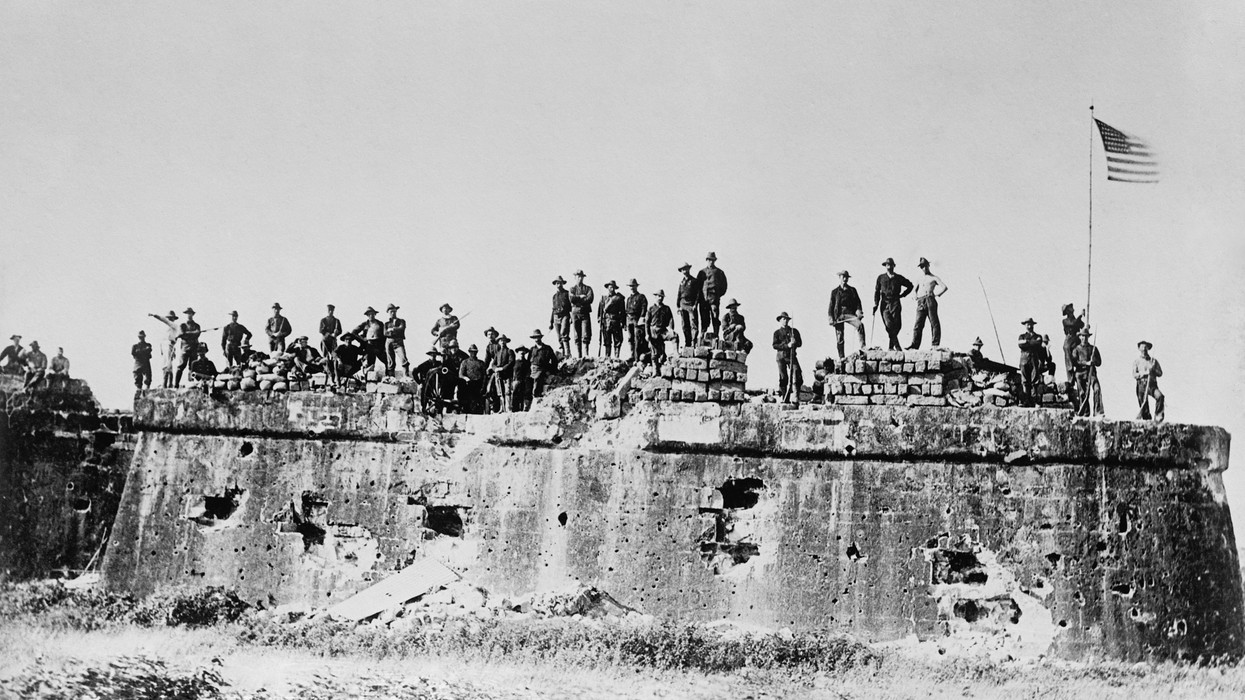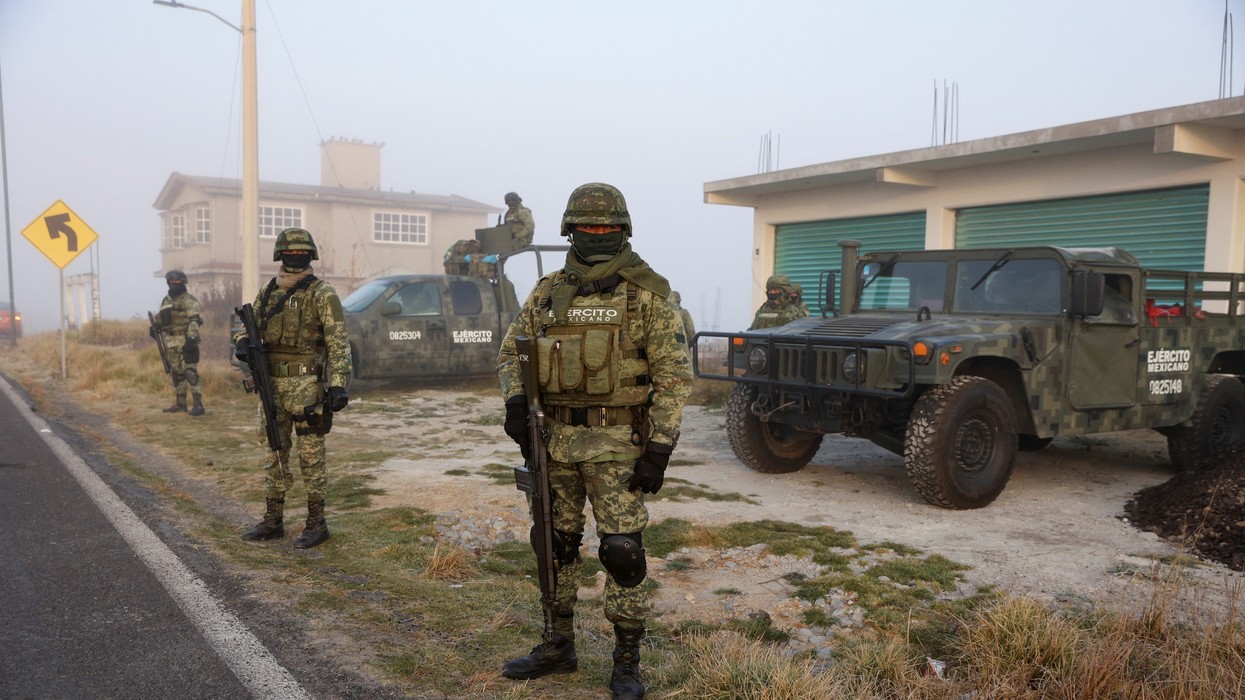Reps Barbara Lee (D-Calif.) and Mark Pocan (D-Wis.) today re-introduced the People over Pentagon Act, a bill that, if approved, would result in the largest single-year DoD budget cut – by $100 billion – in recent memory.
The bill, which was first introduced last June with 22 Democratic co-sponsors, has never been voted on. The two representatives have also offered a number of other bills aimed at trimming defense spending in recent years.
The Act acknowledges that “many of the most urgent threats to the national security of the United States are not military in nature;” and therefore “the budget of the Department of Defense should be reduced and the associated savings should be reallocated.” The bill also explicitly protects certain provisions in the defense budget, such as the Defense Health Program and military personnel accounts, from cuts, maintaining spending in these programs at the same levels as last fiscal year.
Instead, the bill will target other areas of massive spending, including funds that go to big arms-manufacturing companies; the current FY 2023 budget alone provides approximately $452 billion to contractors. If passed, the Act could create approximately $1.3 trillion in savings over the next decade, according to 2022 estimates by the Congressional Budget Office.
“By cutting $100 billion from the defense budget, this bill prioritizes urgent needs like healthcare, education, and infrastructure over padding the pockets of defense contractors,” Pocan said in a statement. “More defense spending does not guarantee safety, but it does guarantee that the military-industrial complex will continue to get richer. We can no longer afford to put these corporate interests over the needs of the American people. It's time to invest in our communities and make meaningful change that reflects our nation’s priorities."
The Pentagon budget continues to grow despite its inability to pass an audit, which it failed for a fifth consecutive time last year. The introduction of this bill comes two weeks after Politico reported that President Joe Biden was preparing to ask Congress for the largest Pentagon budget ever in Fiscal Year 2024. Last December, Congress appropriated $858 billion in national defense funding—$817 billion of which was for the Pentagon – almost $50 billion more than the Biden administration had initially requested and an all-time high in defense spending. The administration’s request for next year is set to be released on March 9.
The Act’s co-sponsors call for prioritizing domestic needs over funding weapons systems. “Year after year, this country pours billions into our already-astronomical defense budget without stopping to question whether the additional funding is actually making us safer,” said Lee in a press release. “We know that a large portion of these taxpayer dollars are used to pad the pockets of the military industrial complex, fund outdated technology, or are simply mismanaged.” The Congresswoman further argues that appropriating these funds elsewhere “could do so much good: it could power every household in the US with solar energy; hire one million elementary school teachers amid a worsening teacher shortage; provide free tuition for 2 out of 3 public college students; or cover medical care for 7 million veterans.”















